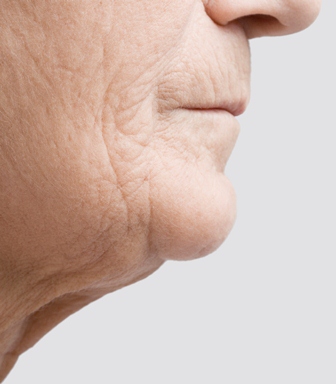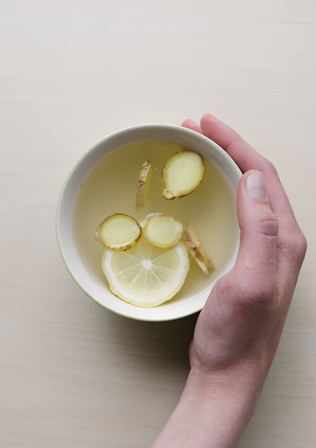 Aging is a natural part of our lives, and while most of us don’t particularly mind growing older, what many people struggle with are the unwanted and unwelcome tell-tale signs of aging that often make us look older than we actually feel.
Aging is a natural part of our lives, and while most of us don’t particularly mind growing older, what many people struggle with are the unwanted and unwelcome tell-tale signs of aging that often make us look older than we actually feel.
As we age, our skin becomes thinner and begins to lose that underlying layer of fat that lends a youthful plumpness and volume to our features, especially around the face. This leads to saggy skin that can appear sunken in places where volume loss is significant (oftentimes around the eyes).
Fortunately, there are several things you can do now to care for your aging skin and prevent any further unnecessary damage. The effectiveness of some of these methods, however, may depend on your ethnicity, your age, your skin type, what you’ve already done to your skin up to this point.
Regardless, making the following lifestyle changes can do wonders not only for your skin, but for your overall well-being, which is a win-win situation no matter how you look at it. As I always say, do all the things that are good for your heart, as it will definitely show on your skin.
Stop Smoking
This is a no-brainer. Smoking is known to speed up the aging process and decrease blood and oxygen supply to the skin tissues, thus leaving your skin looking parched, unhealthy, and in some cases, even discolored. This lack of oxygen supply not only brings about the appearance of dark under eye circles, but is also responsible for breaking down all that essential collagen and elastin that keeps our skin looking supple and youthful.
Shield Your Skin
Sunscreen and moisturizer ought to be your best friends. Make a habit of putting on moisturizer after a shower (even if you aren’t the dry skin type!), and sunscreen before heading out for the day. Don’t let cloudy skies fool you—harmful UV rays can still pass through clouds and even water, so keep that in mind for your next trip to the pool or beach.
Eat and Drink Well

Nourishing your insides is just as important as nourishing what’s on the outside, and that means eating a balanced diet and drinking LOTS of water. A diet high in Vitamin A, Vitamin C, Vitamin E, Omega-3 fatty acids, and antioxidants will do wonders for overall skin health, and constantly staying hydrated improves circulation and helps with your body’s ability to flush out toxins.
Don’t wait until you actually feel thirsty before you drink another glass of water. Thirst is actually your body’s way of telling you it’s dehydrated, so you never want it to reach that point. If water isn’t your thing, tea is a good alternative. Tea contains polyphenols, which have many anti-inflammatory, antioxidant, and anti-carcinogenic properties that are very beneficial to skin.
Exercise
Don’t stay stationary—get moving! A few minutes of sweat-breaking exercise everyday can have a positive effect on not just your body, but your skin as well. During exercise, your pores open up and your sweat pushes all the gunk, oils and dirt out of your skin. In addition to that, regular exercise can reduce bodily inflammation, thwart free-radical damage, and improve blood circulation. The increased blood supply that is delivered to the skin also helps boost collagen production.
De-stress
Stress is almost synonymous with the modern, fast-paced lifestyles that so many of us lead, which is why it’s important to make time to de-stress. Methods of de-stressing obviously differs for everyone, but whether you enjoy getting those few extra hours of sleep, curling up with a book, or spending time in the great outdoors, it’s important to factor in these activities into your schedule every now and then to avoid getting burned out and having it affect the state of your skin and health.
If you’re in need of a little extra something to refresh and rejuvenate your appearance, there’s a wide array of non-surgical cosmetic procedures and products that you can turn to, such as injectables, laser and light treatments, microdermabrasion, hydradermabrasion, and platelet-rich plasma. Come visit us at our Manhattan or Garden City offices and let’s talk about your concerns and how we can help you in your quest for self-improvement.
Dr. Amiya Prasad: Skin Care Tips for Aging Skin
